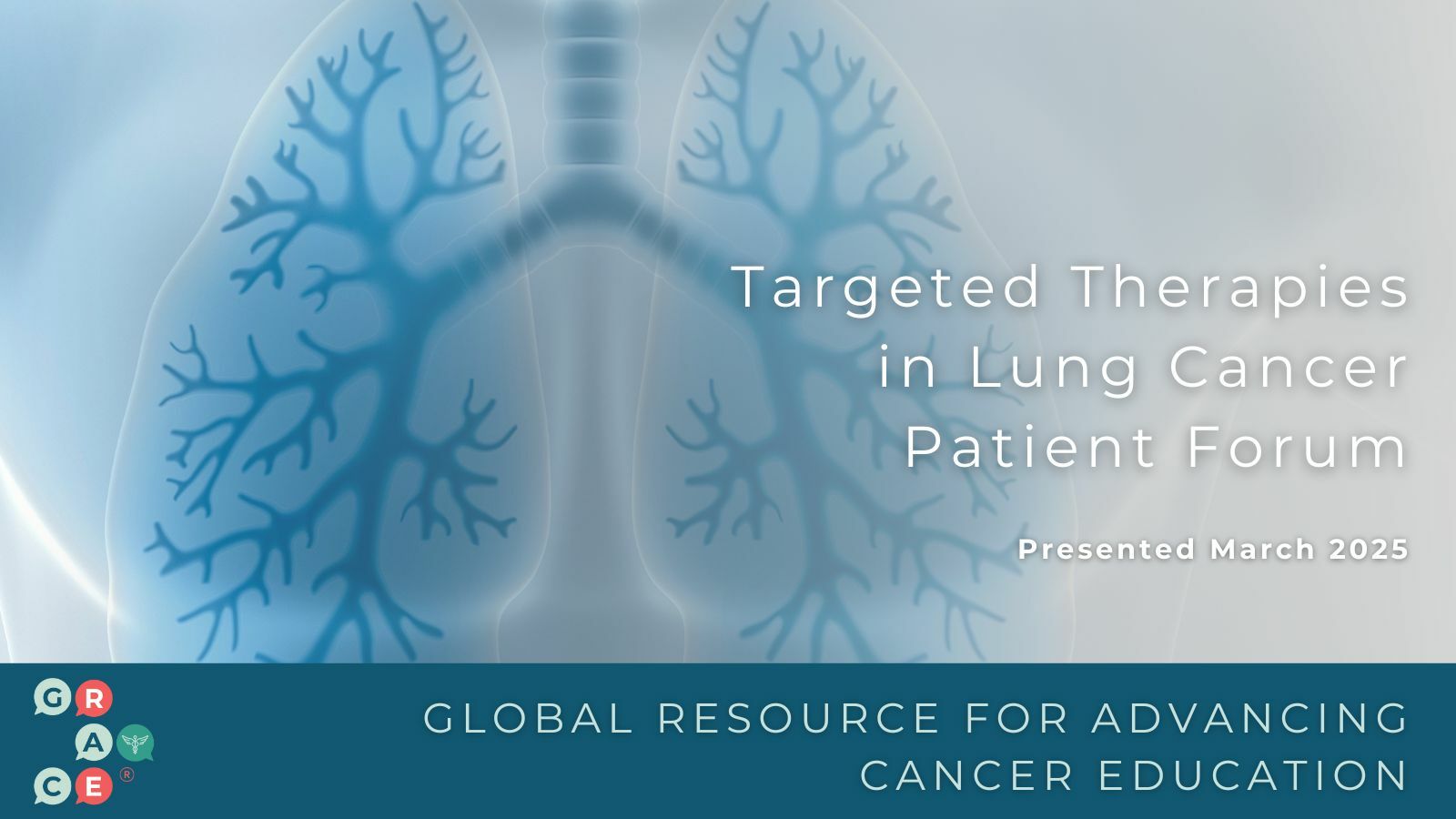Article and Video CATEGORIES
This morning, Joe provided a link to a story about the Safety of Avastin in Lung cancer (SAiL) study, which is just being published in Lancet Oncology. This is not really a new, original study, but rather a post-approval commitment from Roche to generate a registry of real-life experience using the anti-angiogenic agent Avastin (bevacizumab) in lung cancer patients and document safety: the primary goal is to determine whether new, concerning safety signals occur in a broader clinical practice than the initial, well-controlled studies.
The SAiL study reviewed clinical experience of 2212 chemo-naive patients (2166 with adequate safety tissue available to review) with stage IIIB or IV NSCLC who were enrolled from over 40 centers outside of the US and otherwise pretty widely around the world, to receive Avastin combined with platinum-based chemotherapy. With a median age of just 58.8 years, this was clearly a young and presumably somewhat cherry-picked lung cancer population than the broader population, since the median age of a new diagnosis of lung cancer in the US is now just over 70 years old. About half of the patients (49%) received a carboplatin doublet, 38% received a cisplatin doublet, and the rest received a triplet, switched part-way through, a singlet, or some other rather creative option. Avastin was given every three weeks and could be given at either a lower dose (7.5 mg/kg) or higher dose (15 mg/kg), though the vast majority of patients were given the higher dose that is approved in the US and was used in the ECOG 4599 trial that demonstrated a significant survival benefit when added to standard chemotherapy.
They key point was that in a much broader world experience with Avastin, bleeding and other potentially serious risks were not elevated above what was observed in the initial trials based at academic centers. Grade 3 or greater bleeding (moderate to severe or even fatal) occurred in 4% of patients, while 6% of patients had thromboembolic complications (any grade). The study also allowed patients with treated brain metastases to receive Avastin and noted that only 5 of 281 experienced any bleeding complications. It also compared toxicities in younger vs. older patients (though with an uncharitable and not especially illuminating cut-off of 65 to divide the groups) and didn't demonstrate a difference in adverse effects by age, unlike the ECOG trial for which a subset analysis demonstrated that patients over 70 did not benefit from the addition of Avastin, very likely because they experienced disproportionate toxicity compared with younger patients.
One other interesting analysis was undertaken, in which the investigators looked at outcomes of the 580 patients who developed significant hypertension (high blood pressure) and compared the results with the 1586 who didn't. Interestingly, those who developed hypertension had a higher median progression-free survival (8.7 vs. 7.2 months) and especially overall survival (18.8 vs. 12.9 months). Provocative, and maybe easily to discount as an aberration in one study, except that the same finding was observed in the ECOG 4599 trial, as reviewed in my prior post on this association of hypertension with improved outcomes with Avastin and potentially other anti-angiogenic agents.
It's important to realize that this "study" wasn't really a rigorous study comparable to many others that we discuss here, since it was really a registry in which investigators were essentially paid to report on what they were inclined to do anyway, as long as it included Avastin. Still, it amounts to a global report on over 2000 patients treated in a wide range of settings and demonstrates that they appeared to do every bit as well, and perhaps better, than the patients on the more restrictive Avastin trials. Patients in this broader experience didn't experience higher rates of serious toxicities than expected, so physicians appear to be able to select appropriate candidates well (as Dr. Pinder noted in her comment on the thread with the link above), which should provide us reassurance. Though people may be reading about how Avastin's approval for breast cancer may well be reversed based on ongoing review of its benefit in that setting, this work suggests that the right patients may do very well with it and not experience unanticipated toxicity risks. Moreover, it also provides support for the concept that development of hypertension on Avastin may be associated with doing particularly well, though there is still more that we need to learn about this intriguing observation.
Please feel free to offer comments and raise questions in our
discussion forums.




